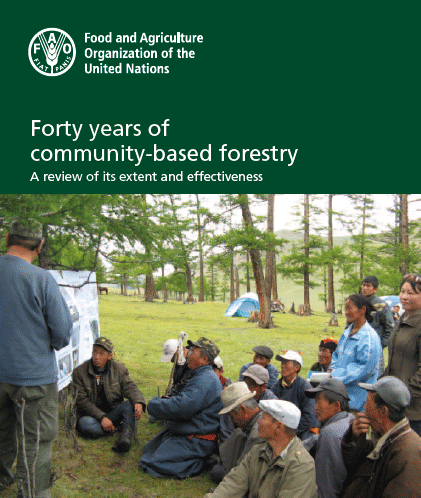Bâtir sur les succès de l’agriculture Africaine
Les nouvelles sur l’état de l’agriculture en Afrique sont en grande partie décourageantes, mais on entrevoit des lueurs d'espoir. Quelques efforts stimulants réalisés par des agriculteurs et chercheurs africains au cours des dix dernières années ont sensiblement augmenté la productivité agricole dans certains pays et pour certains produits. Ces cas peuvent servir de modèles pour de futurs efforts, mais seulement si les responsables des politiques de développement et les professionnels comprennent les processus qui ont amené ces résultats, et les éléments clé de leur succès.









